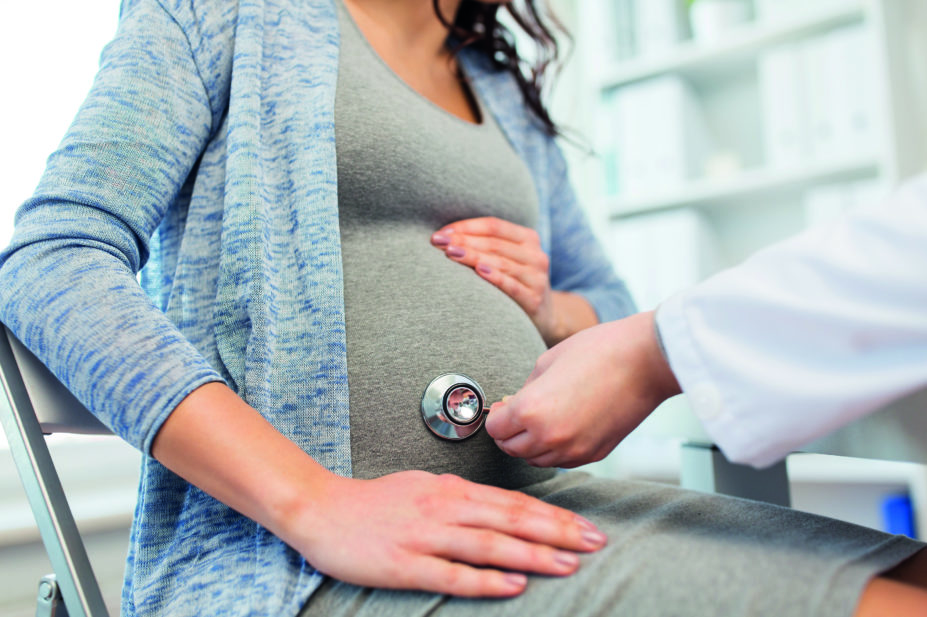
Shutterstock.com
Low-dose aspirin taken each night before bed significantly reduces the risk of pre-eclampsia in pregnant women, according to research[1]
carried out at King’s College London and the University of Exeter.
The double-blind, placebo-controlled trial comprised 1,776 women with singleton pregnancies who were at high risk for preterm pre-eclampsia. The risk of the women was determined by way of combined screening with maternal demographic characteristics, historical factors and biomarkers.
In the trial, each of the women were randomly assigned either a daily dose of aspirin (150mg) or placebo from 11 to 14 weeks of gestation until 36 weeks of gestation. The trial was conducted at 13 maternity hospitals across the UK, Spain, Italy, Belgium, Greece and Israel.
During this time, preterm pre-eclampsia occurred in 13 participants in the aspirin group and 35 participants in the placebo group (odds ratio in the aspirin group, 0.38; 95% confidence interval, 0.20 to 0.74; P=0.004).
“This extensive study is definitive proof that women can take simple measures in the first trimester of pregnancy to significantly reduce their chances of developing preterm pre-eclampsia,” says Kypros Nicolaides, professor of foetal medicine at King’s College London and study lead.
There was no significant difference between the groups in terms of other pregnancy complications or adverse foetal or neonatal outcomes.
The result builds on previous studies that have already suggested that women who take aspirin during pregnancy are less likely to develop pre-eclampsia, a significant cause of death and complications for both mother and baby.
The World Health Organization already recommends low-dose aspirin for the prevention of pre-eclampsia in women at high risk and recommends it be started before 20 weeks of pregnancy.
References
[1] Rolnik D, Wright D, Poon L et al. Aspirin versus placebo in pregnancies at high risk for preterm preeclampsia. N Engl J Med 2017. doi: 10.1056/NEJMoa1704559


